College of Science, Engineering & Technology
Data mining guru strikes research gold
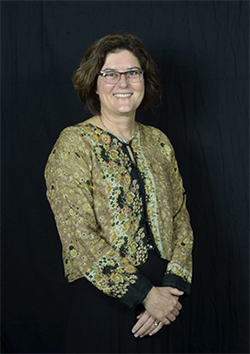
Dr Katherine Malan
A veritable Ninja master at using data mining to solve complex problems, Dr Katherine Malan was recently honoured for her research excellence at the Unisa Research and Innovation Awards Ceremony.
Delighted to be recognised for her research work, Dr Katherine Malan (Department of Decision Sciences, School of Economic and Financial Sciences, College of Economic and Management Sciences) received an award for her National Research Foundation (NRF) C1 rating at the ceremony on 8 March 2019. Among the 23 NRF C-rated awardees, Malan is one of only two who were named under the C1 category.
The annual event is hosted by Unisa’s Research, Postgraduate Studies, Innovation and Commercialisation Portfolio to support research excellence in all academic fields within the university and across the six colleges.
As an academic with more than 20 years’ lecturing experience in computer science at three different universities in South Africa, Malan obtained a BSc in Computer Science and Mathematics, BSc honours and MSc degrees in Computer Science from the University of Cape Town (UCT) and a PhD from the University of Pretoria (UP).
It is certainly worthwhile to sit down with such an outstanding role model to find out what makes her tick, and this is exactly what the news team did.
What is your field of research?
My research is in computational intelligence, which is the part of artificial intelligence that is inspired by phenomena that occur in nature. It includes methodologies such as artificial neural networks, evolutionary algorithms and swarm intelligence. These techniques have become indispensable for solving complex problems in all sectors, from industry to health and finance. My field of research within this context is on automated algorithm selection. This involves characterising complex problems and using data mining to automatically choose the most appropriate algorithmic approach to solving problems. We have only managed to get this right in some very limited contexts, which makes this an exciting field with plenty of scope for research and innovation.
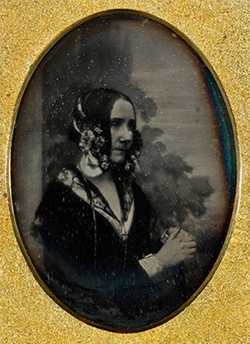
Augusta Ada King, Countess of Lovelace was an English mathematician and writer, chiefly known for her work on Charles Babbage's proposed mechanical general-purpose computer, the Analytical Engine. (Source: Wikipedia. Reproduction courtesy of Geoffrey Bond, Public Domain, https://commons.wikimedia.org/w/index.php?curid=63293739)
Who or what inspired you in your research field?
I am inspired by the early pioneers of software. What most people don't realise is that software was female-dominated in the early years. I love the stories of women like Ada Lovelace (regarded as the first programmer), the team of six-woman programmers of the ENIAC (the first general-purpose electronic computer), Kathleen Booth (who invented assembly language), Grace Hopper (who developed the first compiler), and Elsie Shutt (the founder of the first software business, that only hired women programmers). I like to think that while the men were focused on building the hardware of computers, the women were figuring out how to make computers useful. I am inspired by these women to do the same in my small niche area of research – to make the complicated technology more accessible and useful for solving real-world problems.
What factors influenced you to choose this field of research?
When I chose this field 12 years ago, there was none of the hype that now surrounds words like "artificial intelligence", "algorithms", "data mining" and "deep learning". I started my PhD at the University of Pretoria under the supervision of Prof Andries Engelbrecht (who was later the first computer scientist in South Africa to be awarded an NRF A-rating). I chose the field because I found it intriguing. I love understanding the apparent magic behind these nature-inspired algorithms. When you consider how elegantly nature copes with complexity, it makes sense to borrow these ideas to deal with complexity in the problems that the world is facing. What bothered me was that there seemed to be so little understanding of why the algorithms worked so well on many problems, but then would fail completely on other problems. I wanted to see if it was possible to understand the algorithms and the problems well enough that we could develop techniques for automatically choosing the best algorithm for each problem.
What are your research highlights and achievements?
Receiving an NRF C1 rating with feedback from seven anonymous reviewers was a big highlight for me. NRF rating is a long process – I prepared my application in 2017 and only heard that I was successful in February 2019. It meant a lot to me to hear from the reviewers that I have a sound international standing in the field and that my publications are "innovative and imaginative". An earlier highlight was when my PhD was accepted without corrections by four international examiners. I registered for the PhD the year my second daughter was born, so it took me seven years to complete the thesis. My biggest achievement was when my husband and I both graduated with our PhDs in the same week at the University of Pretoria in 2014, because it meant that I could succeed as an academic while maintaining a happy family life.
* By Lesego Ravhudzulo, Journalist, Department of Institutional Advancement
Publish date: 2019-04-10 00:00:00.0


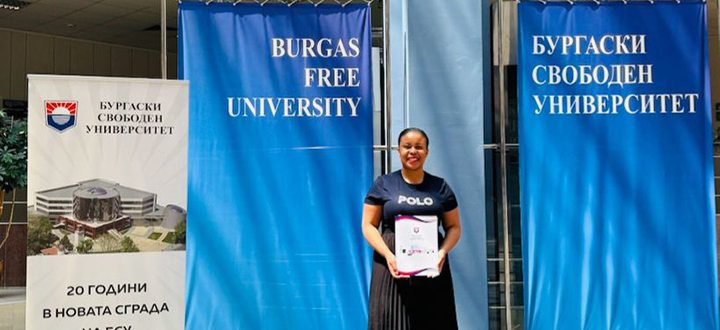 Unisan excels in international exchange programme
Unisan excels in international exchange programme
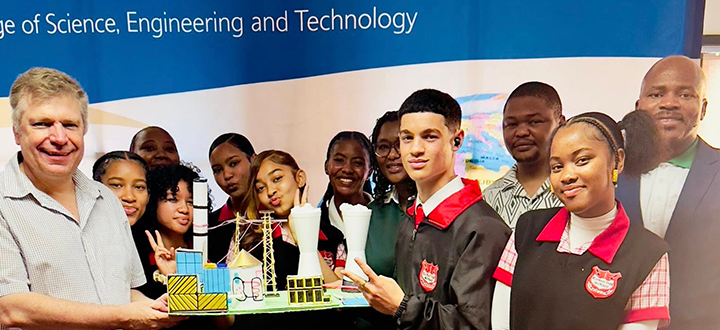 Ten years of empowering learners to impact their communities through research
Ten years of empowering learners to impact their communities through research
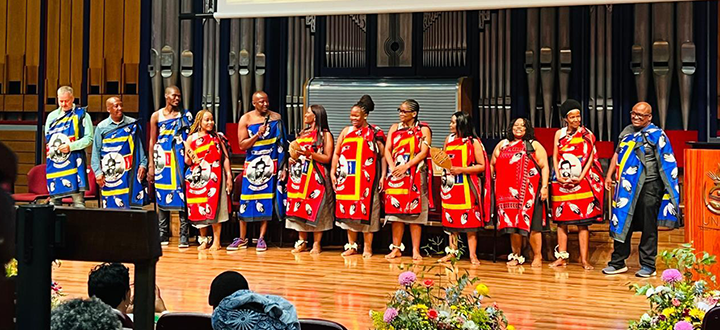 Unisa showcases SA's multilingual heritage
Unisa showcases SA's multilingual heritage
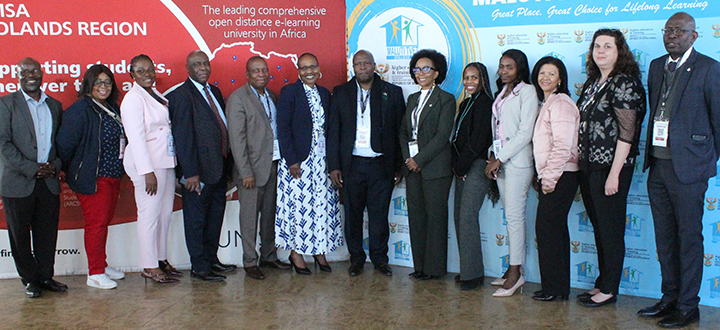 Unisa and Maluti TVET College host inaugural seminar
Unisa and Maluti TVET College host inaugural seminar
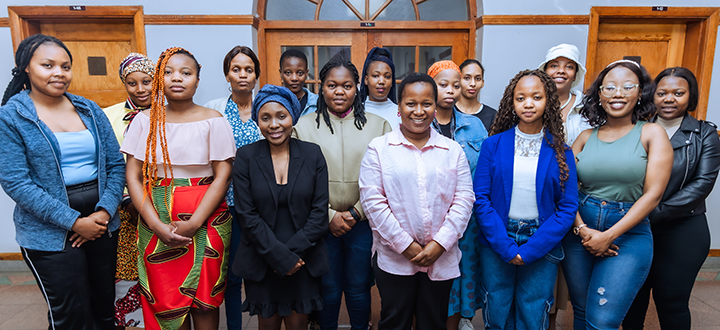 Second cohort of the Bosadi Artisan Creative Media Business Start-up Programme launched
Second cohort of the Bosadi Artisan Creative Media Business Start-up Programme launched